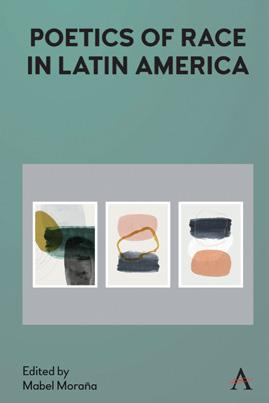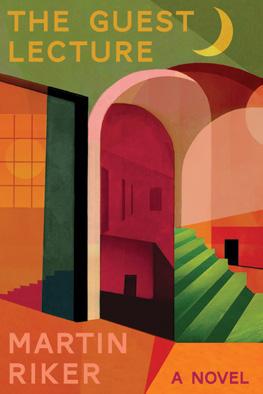
1 minute read
When presidential power meets public opinion
BY SHAWN BALLARD
Political scientist Andrew Reeves’ new book “No Blank Check: The Origins and Consequences of Public Antipathy towards Presidential Power” highlights Americans’ deep skepticism toward the authority of the executive office. Though this distrust feels particularly apt in today’s highly partisan political climate, Reeves, the director of the Weidenbaum Center on the Economy, Government, and Public Policy and a professor of political science, notes that antipathy toward unilateral power cuts across both party lines and time — from the country’s founding to today.
When Reeves and his co-author Jon C. Rogowski set out to understand why American presidents would refuse to take advantage of authority accumulated over years, they found that public opinion is one of the most powerful constraints on presidential power.
“The conventional wisdom is that individuals who support a president are going to support whatever that president wants to do and not care about how they get artsci.wustl.edu/NoBlankCheck it done, in part because most Americans have low levels of political knowledge,” Reeves said. “But we found that the public is actually more nuanced around how they feel about presidents going it alone.”
Based on results from a long-term study conducted by the Weidenbaum Center, Reeves and Rogowski found that Americans overwhelmingly prefer legislation to executive action and even consider no action more acceptable than the use of unilateral power.
By looking at public opinion to understand the nature of presidential accountability, Reeves and Rogowski push back on the flippant dismissal of American voters as partisan automatons, simply doing what political parties tell them to do.
“The book sits in a world where American democracy and democracies around the world are perhaps seen as more fragile than they were a decade ago, and almost every discussion of the decline of democracy has something to do with executive power,” Reeves said.
Department of Biology
Slow Birding: The Art and Science of Enjoying the Birds in Your Own Backyard

Joan E. Strassmann
Department of East Asian Languages and Cultures
Handbook of Modern and Contemporary Japanese Women Writers

Rebecca Copeland
Department of Political Science
Voicing Politics: How Language Shapes

Public Opinion
Efrén Pérez and Margit Tavits
Department of Music
Astaire by Numbers: Time & the Straight White Male Dancer

Todd Decker
Department of English
The Guest Lecture
Martin Riker
Department of Romance Languages and Literatures
Poetics of Race in Latin America

Mabel Moraña artsci.wustl.edu/FacultyBookshelf
Browse more books on the digital Arts & Sciences faculty bookshelf.











